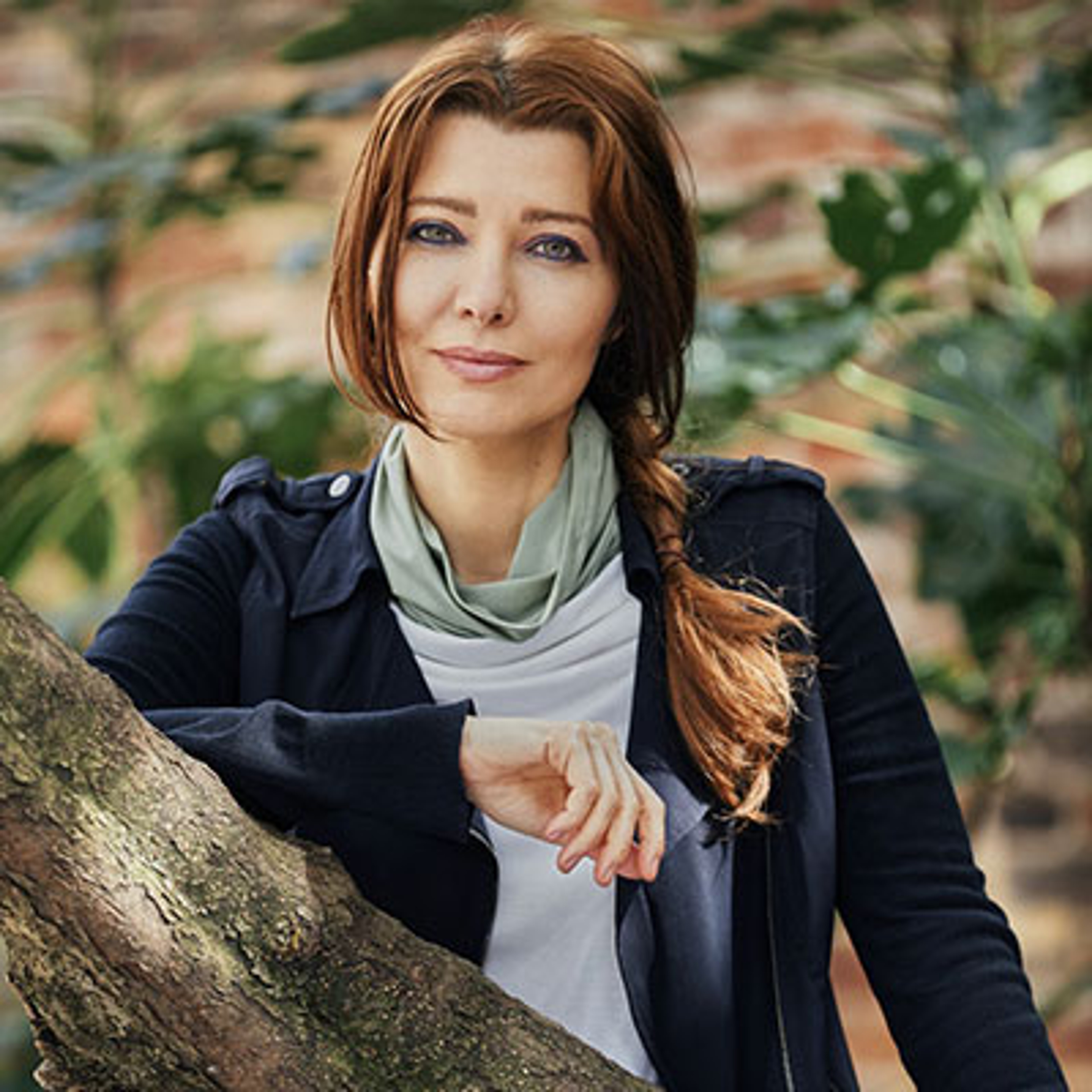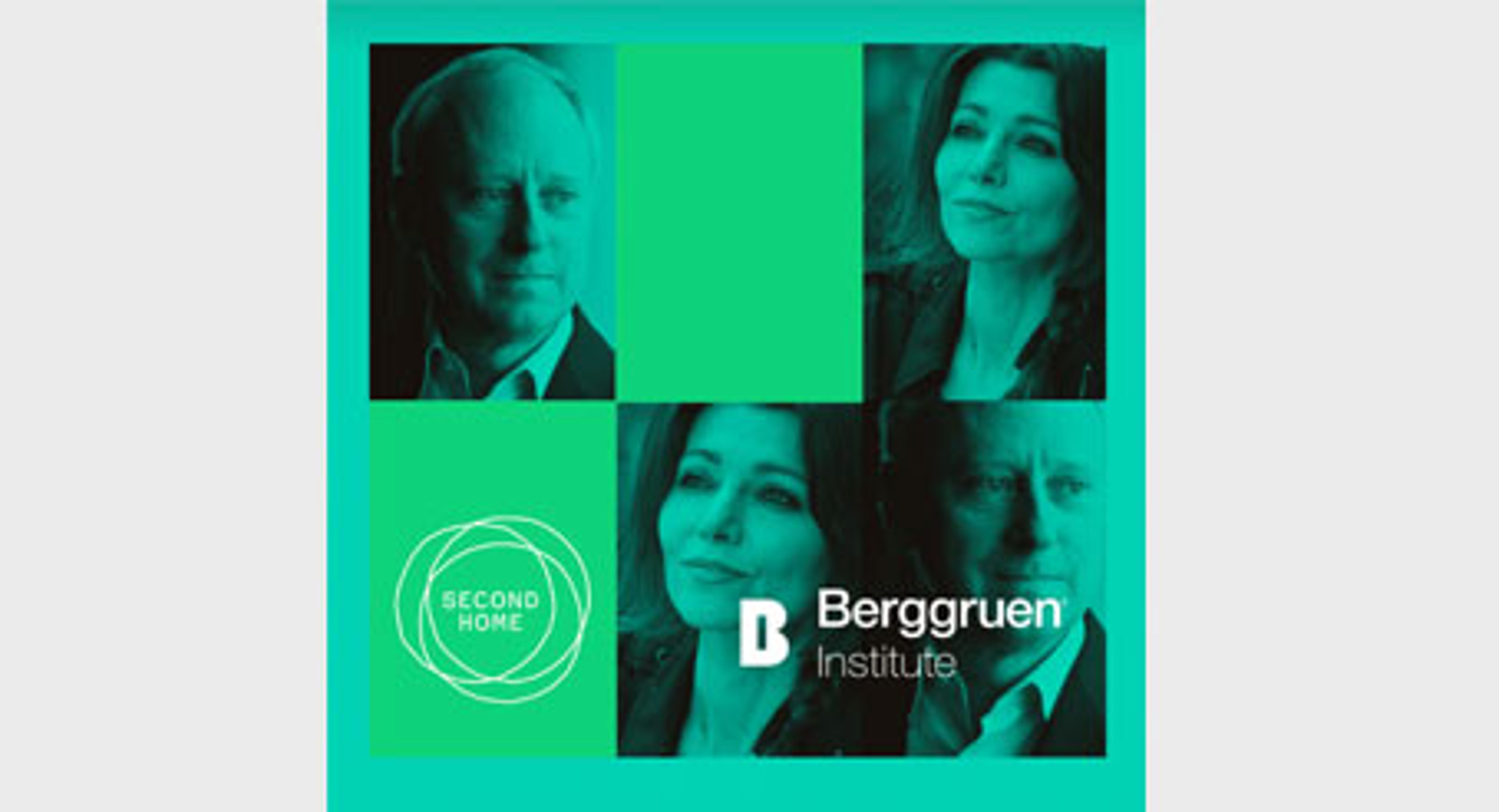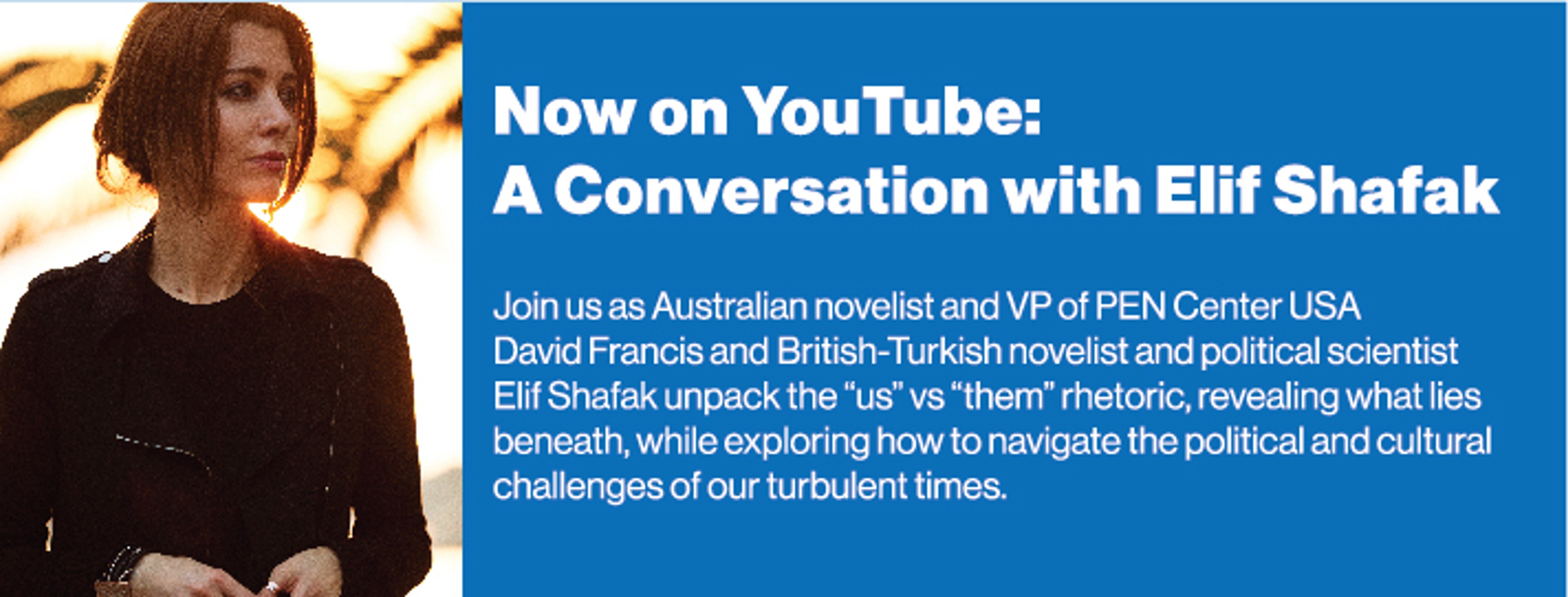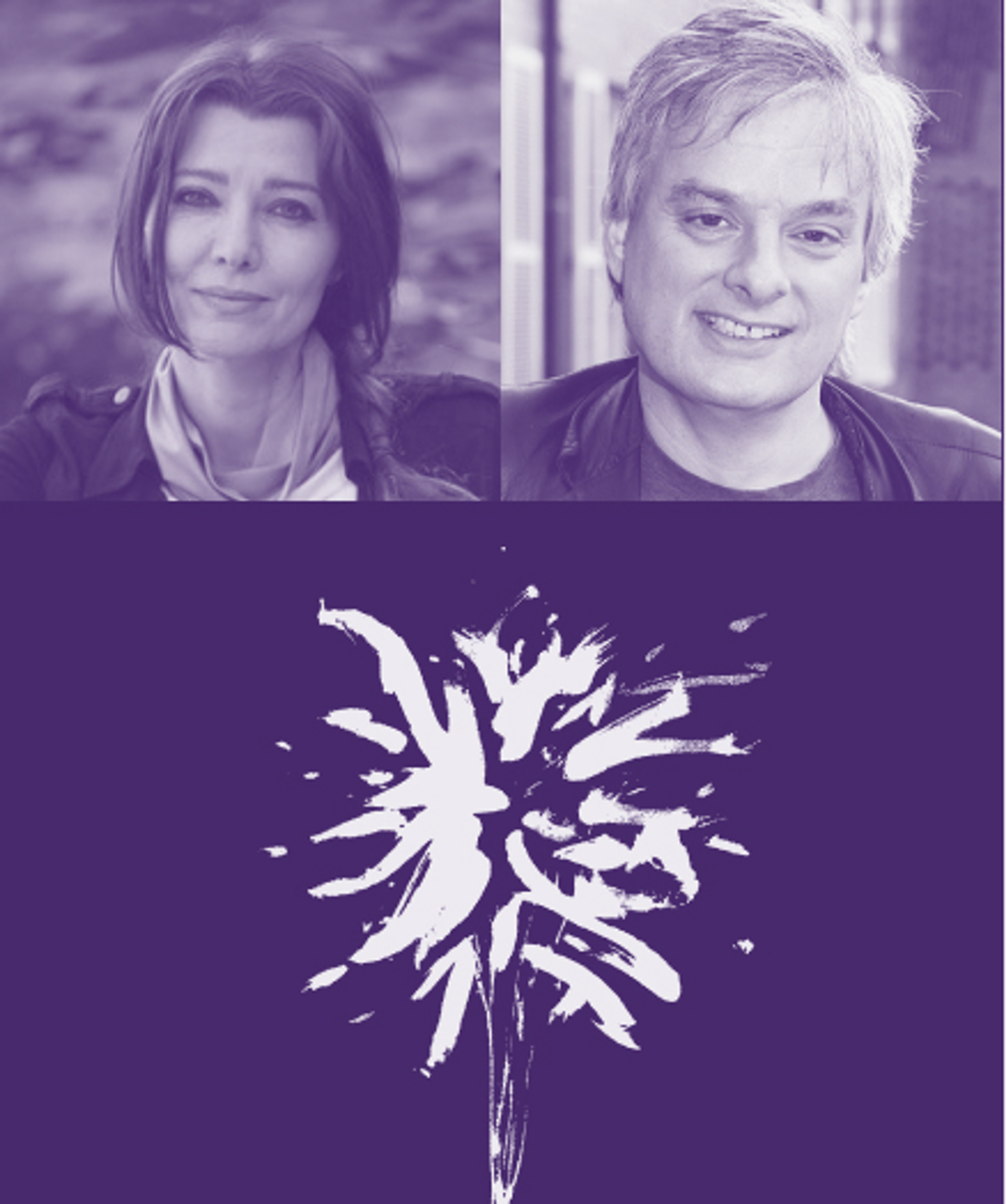Elif Shafak

Elif Shafak is an award-winning British-Turkish novelist. She has published 19 books, 12 of which are novels, including her latest The
Island of Missing Trees, shortlisted for the Costa Novel Award. She is a bestselling author in many countries around the world and her work has been translated into 55 languages. 10 Minutes 38 Seconds in This Strange World was shortlisted for the Booker Prize and RSL Ondaatje Prize; and was Blackwell’s Book of the Year. The Forty Rules of Love was chosen by BBC among the 100 Novels that Shaped Our World. The Architect’s Apprentice was chosen for the Duchess of Cornwall’s inaugural book club, The Reading Room. Shafak holds a PhD in political science and she has taught at various universities in Turkey, the US, and the UK, including St Anne’s College, Oxford University, where she is an honorary fellow. She also holds a Doctorate of Humane Letters from Bard College.
Shafak is a Fellow and a Vice President of the Royal Society of Literature and has been chosen among BBC’s 100 most inspiring and influential women. She was a member of Weforum Global Agenda Council on Creative Economy and a founding member of ECFR (European Council on Foreign Relations). An advocate for women’s rights, LGBTQ+ rights, and freedom of expression, Shafak is an inspiring public speaker and twice TED Global speaker. Shafak contributes to major publications around the world, and she was awarded the medal of Chevalier de l’Ordre des Arts et des Lettres. In 2017, she was chosen by Politico as one of the twelve people “who will give you a much-needed lift of the heart.” She has judged numerous literary prizes, including PEN Nabokov prize, and she has chaired the Wellcome Prize. Recently, Shafak was awarded the Halldór Laxness International Literature Prize for her contribution to ‘the renewal of the art of storytelling’. www.elifshafak.com


